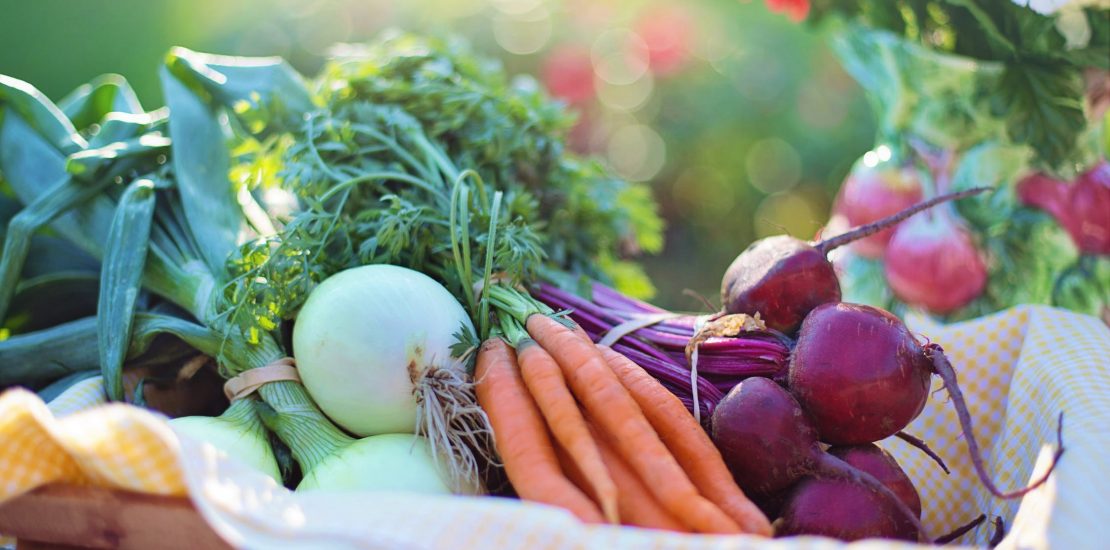A person’s body changes as he gets older. Where a teenager could easily guzzle his way through a pile of junk food without any contraindications to show for it, consuming the same types of meals may well be very harmful for many elderly people. As a matter of fact, not having a well-balanced diet could trigger many age related conditions or even exacerbate the same. This is why it is imperative that elderly people need to change their diet patterns significantly from those of their younger counterparts, if they are to live a longer, healthier and more productive life.
This holds true even more so if they are not following a well balance diet to begin with. As a general rule, most health care practitioners dealing with the geriatric population tend to recommend a more nutrient rich diet for their older patients, which is more rich in proteins and minerals. These may include legumes, vegetables, and fresh fruits as well as whole grains so that the elderly can remain healthy and spry for the remaining duration of their productive life. However, apart from following a well-balanced and healthy diet there are many other food items that a caregiver may incorporate into the diet of their elderly wards so as to be able to boost their health significantly.
The Seminal Importance Of Hydration
As people age their metabolism slows down substantially and they do not feel as hungry or as thirsty as they used to before. Nevertheless, that does not mean that their bodies do not require an adequate amount of water. If you are a caregiver for an elderly person, make sure that he or she is adequately hydrated all the time. Sometimes they would not drink a glass of water because their body would not signal to them the need to drink by triggering thirst. Under such circumstances, it is best to check their urine to see if it is dark and cloudy, in which case they need more water. Or alternately, if it is light and clear, it will denote the fact that they are adequately hydrated.
Do Not Use Salt All That Often
Salt is a key trigger for high blood pressure as well and is associated with the contraction of heart diseases. While sodium (salt) occurs naturally in many food items especially meat and vegetables, some manufacturers of processed food also add white salt as an additive to their products. These may include salted potato chips and popcorn and certain sauces (vinegar and soy sauce have very high salt content, for instance). Mild herbs and spices may be used in lieu of salts to make food more palpable for the elderly consumer.
Ward off Osteoporosis With Calcium
Osteoporosis typically occurs when there is a lack of calcium in the body due to which bones become more brittle. Milk and other dairy products such as yogurt and low fat cheese are excellent sources of calcium as are eggs and fish with soft bones such as canned sardines and salmon. Ultimately, the heath of the individual can be significantly improved in the long run, provided he consumes the right food at the right age so as to remain productive in even the later stages of his life.
Ultimately, the heath of the individual can be significantly improved in the long run, provided he consumes the right food at the right age so as to remain productive in even the later stages of his life.

